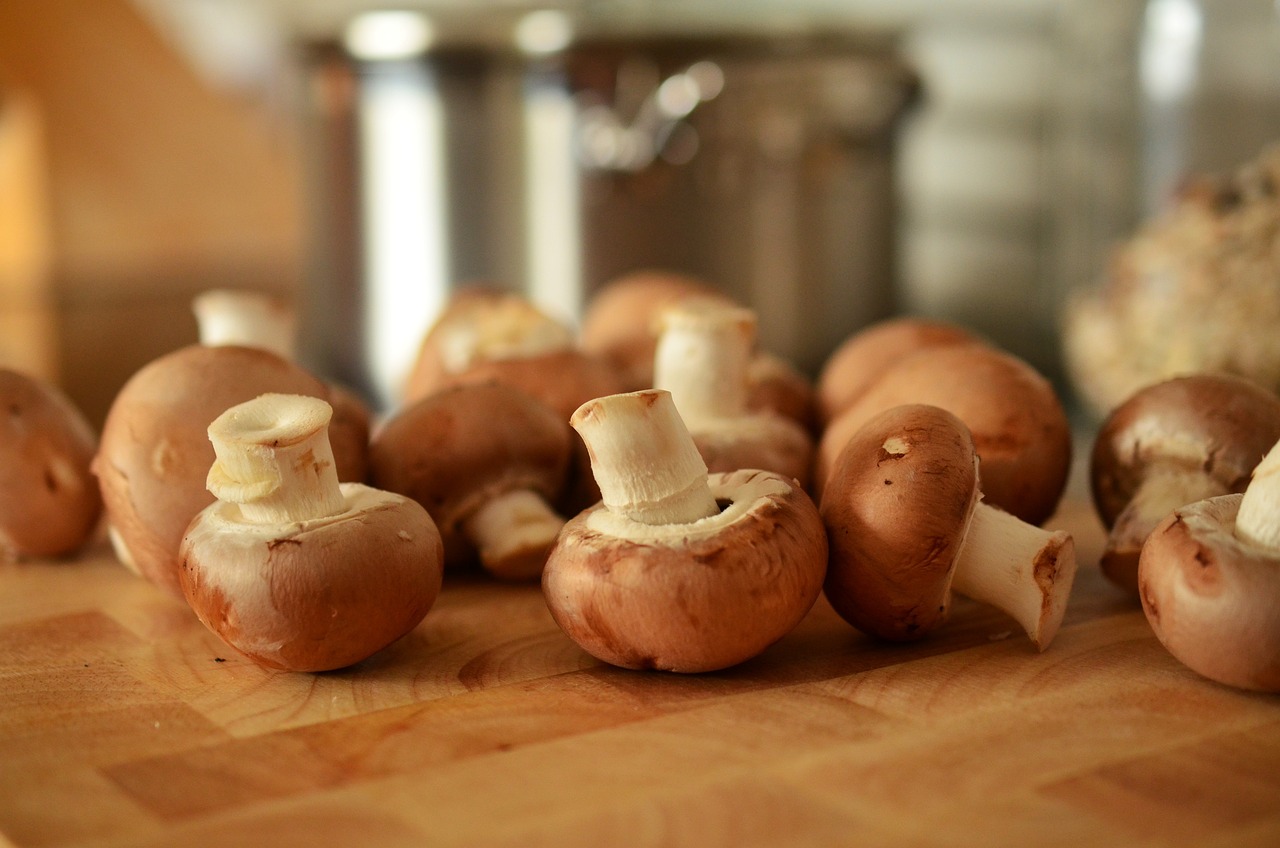The Importance of Beekeeping in Urban Planning: Allpanel mahadev, Lotus 365.fun login, All panel login
allpanel mahadev, lotus 365.fun login, all panel login: In today’s ever-growing urban landscapes, it’s crucial to consider the role of beekeeping in urban planning. Bees play a vital role in our ecosystem, and their presence in urban areas can have a significant impact on the environment and the community. From pollination to honey production, there are numerous benefits to incorporating beekeeping into urban planning initiatives.
The Importance of Bees in Urban Areas
Bees are essential pollinators that play a key role in the reproduction of many plants, including fruits, vegetables, and flowers. In urban environments, where green spaces are limited, bees can help increase the yield of urban gardens and enhance biodiversity. By promoting the growth of plants and flowers, bees contribute to the overall health and well-being of urban communities.
Additionally, bees are crucial for maintaining the balance of ecosystems. As pollinators, they help ensure the reproduction of plant species, which in turn supports the diversity of wildlife in urban areas. By supporting bee populations, cities can create a more sustainable and resilient environment for both humans and wildlife.
The Role of Beekeeping in Urban Planning
Integrating beekeeping into urban planning initiatives can have a range of benefits for communities. Not only does it promote the health of bee populations, but it also provides opportunities for education and community engagement. Beekeeping can help raise awareness about the importance of bees in our ecosystem and the need for conservation efforts to protect their populations.
Furthermore, beekeeping can also have economic benefits for urban communities. Honey production can provide a source of income for beekeepers and create opportunities for local businesses to sell honey and other bee-related products. By supporting local beekeepers, cities can promote sustainable practices and stimulate economic growth within their communities.
Incorporating Bee-Friendly Practices in Urban Planning
There are several ways that cities can incorporate bee-friendly practices into their urban planning initiatives. One approach is to create designated beekeeping spaces within city parks or community gardens. By providing space for bee hives, cities can support local bee populations and promote pollination in urban areas.
Another strategy is to plant bee-friendly flowers and plants throughout the city. By creating green spaces that attract bees, cities can help support pollinator populations and enhance biodiversity. Additionally, cities can implement pesticide-free policies to protect bees from harmful chemicals and promote a healthy environment for pollinators.
FAQs
1. Why are bees important in urban areas?
Bees are important pollinators that play a key role in the reproduction of plants in urban environments. They help increase the yield of urban gardens, enhance biodiversity, and support the overall health of ecosystems.
2. How can cities support bee populations?
Cities can support bee populations by integrating beekeeping into urban planning initiatives, creating bee-friendly green spaces, and implementing pesticide-free policies to protect pollinators.
3. What are the economic benefits of beekeeping in urban areas?
Beekeeping can provide a source of income for beekeepers and create opportunities for local businesses to sell honey and other bee-related products. By supporting local beekeepers, cities can stimulate economic growth within their communities.
In conclusion, beekeeping plays a crucial role in urban planning by promoting biodiversity, supporting pollinator populations, and creating economic opportunities for communities. By incorporating bee-friendly practices into urban environments, cities can create a more sustainable and resilient ecosystem for both humans and wildlife.







